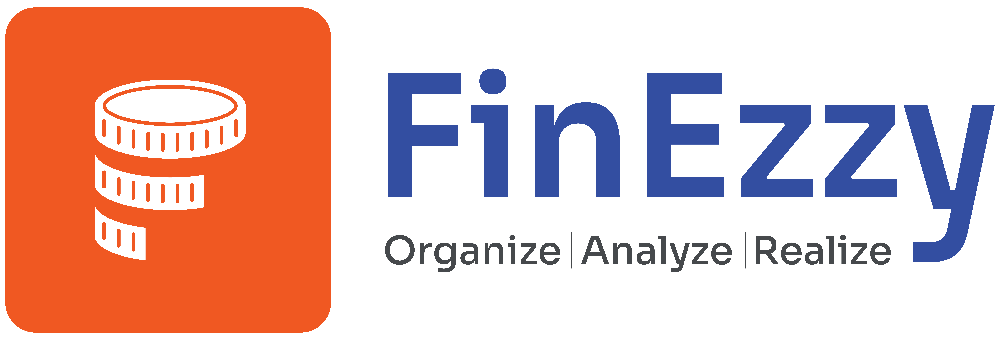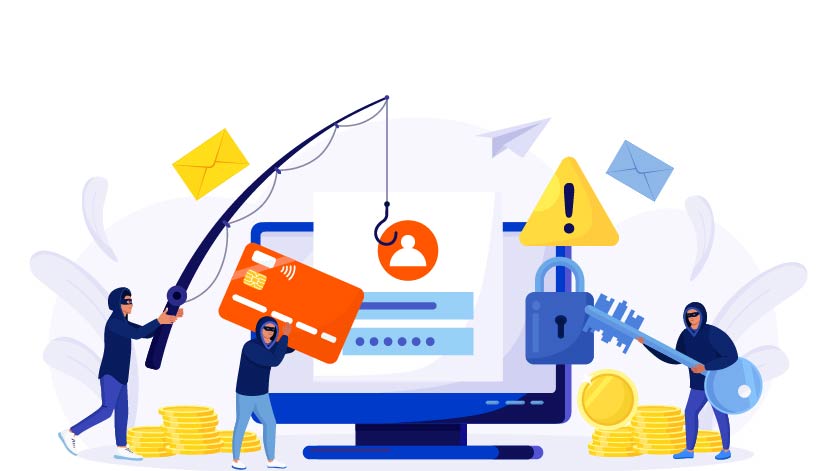In the digital age, the convenience of online lending services has revolutionized financial transactions, making it easier for individuals to get loans for personal or business use. However, this ease of access has also given rise to frauds by digital lenders. These entities exploit the urgent financial needs of people, offering loans with high interest rates, hidden fees, and terms. This blog post aims to equip you with the necessary knowledge to identify and avoid these malicious practices, ensuring your financial safety and well-being.
Here are the 7 Ways to Spot Dishonest Tactics and Keep Yourself Safe
1. Unrealistic Promises:
Beware of lenders who offer a 100% guarantee of loan approval. These are often bait tactics used to attract individuals desperate for quick funds. While reputable lenders may offer expedited services or simplified procedures, they still perform due diligence to assess your ability to repay the loan. A legitimate lender ensures that the loan is manageable for you and aligns with responsible lending practices.
2. Upfront Fee Requirement:
One of the most common scams involves asking borrowers to pay an upfront fee before disbursing the loan. They might label these as application fees, insurance, or processing charges. However, genuine lenders typically deduct any fees from the loan amount rather than demanding money upfront. Always be skeptical of any request for upfront payment.
3. Unsecured Websites:
When applying for a loan online, ensure the lender’s website is secure. A secure website will have “https://” in its URL and a lock icon. This indicates that the site encrypts your personal and financial information, protecting it from hackers. An unsecured website is a significant red flag, suggesting that the lender does not prioritize safeguarding client information.
4. Lack of Physical Address or Contact Information:
A legitimate business will have a physical address and transparent contact information, including phone numbers and email addresses. This information should be readily available on their website. If a lender only provides a P.O. box or is elusive about their location, it’s a clear warning sign of potential fraud.
5. Pressure Tactics and Urgency:
Scammers often try to rush you into making decisions by insisting that an offer is limited time or that you must act immediately to secure the loan. They prey on the urgency and emotional distress of individuals in need. Remember, a reputable lender will never rush you into a decision and will ensure you have all the necessary information before proceeding.
6. Poor or No Online Reputation:
A legitimate business will have some form of online presence and reviews. Take the time to research the lender online. Look for customer reviews, ratings, and any news articles related to their services. A complete lack of online presence or overwhelmingly negative feedback can be indicative of a scam operation.
7. Lack of Transparency in Loan Terms:
Transparency is key in any financial transaction. A trustworthy lender will provide a clear and concise agreement outlining the loan amount, interest rate, repayment terms, and any additional fees. Be cautious of lenders who are reluctant to provide detailed information or who bury terms in fine print. Understanding the full scope of your agreement is crucial to avoid falling into a debt trap.
How to Spot a Legitimate Loan Company?
Distinguishing a legitimate loan company from a scam can be challenging, but there are several indicators of credibility:
Licensing and Registration: Check if the lender is registered with state or federal regulatory bodies. This information is typically listed on their website.
Clear Terms and Conditions: Legitimate lenders provide contracts with detailed terms, including APR, repayment schedule, and any additional fees. Ensure you read and understand these terms before agreeing to the loan.
Privacy Policy: A reputable lender will have a robust privacy policy, outlining how your personal and financial information is used and protected.
Customer Service: A legitimate lender will offer customer service and support, providing clear contact details and assistance throughout the loan process.
As we navigate the complexities of online lending, it’s vital to partner with a financial institution that prioritizes integrity and customer welfare. FinEzzy embodies these values, offering a transparent and ethical approach to lending.
FinEzzy stands as a leader in responsible lending, dedicated to offering secure and fair financial solutions. Our commitment is to empower customers through accessible and straightforward services. We prioritize clear communication and informed decision-making, ensuring that you feel supported at every step.
Conclusion
Navigating the world of online lending can be difficult, but with the right knowledge and vigilance, you can protect yourself from scams and unethical practices. Always take the time to research lenders, understand the terms of any loan agreement, and look for signs of legitimacy. Remember, if an offer seems too good to be true, it likely is. By staying informed and cautious, you can ensure your financial security and peace of mind. Trust in reputable companies like FinEzzy, who are dedicated to providing safe, transparent, and responsible financial services. Stay safe, stay informed, and navigate the digital lending landscape with confidence and care.





